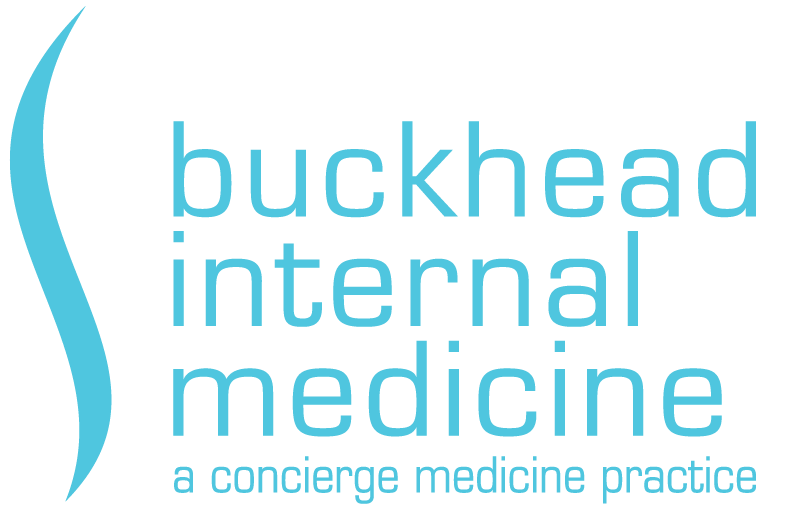FIVE IMPORTANT TAKEAWAYS:
COVID UPDATE, NEW VACCINES, AND A BETTER APPROACH TO ANTIBIOTICS from Infectious Diseases expert Dr. Paul Sax
Nationally recognized expert Dr. Paul Sax, Clinical Director of Infectious Diseases at Brigham & Women’s Hospital and Harvard Medical School professor, recently gave a very informative Q&A session. Below are some interesting key updates I’d like to share with you.
1. What have we learned about Covid testing that can help ensure dependable results?
Dr. Sax: New research shows the most accurate time to test for Covid is on the fourth day of having symptoms, when viral loads (amount of virus replicating in your body) peak. This is markedly different from the beginning of the pandemic, when viral loads peaked earlier, either just before or on day one of illness. Our immune systems have been primed to react to Covid, making pre-symptomatic contagiousness much less common now.
It is also important to remember that very few false positives occur with covid testing. If you don’t have many symptoms and test positive, it’s probably not allergies or the flu, it’s covid, and your infectious. But if you’re symptomatic and test negative, is it safe to attend a social event? In general, I discourage anyone with a severe or bad respiratory viral infection from doing so, and that’s especially true if you’re going to be socializing with other people who might at risk for severe disease.
2. Who Should get the Covid XBB monovalent booster that was made available to everyone in the fall? Is it safe to wait, or not get the booster at all?
Dr. Sax: While the CDC recommended the booster for anyone 6 months and older, there is some uncertainty about how essential it is for the entire population, given the significant decrease in disease severity. Based on current knowledge, I’d prioritize it for certain patients and not others. We know that older patients are at highest risk for Covid complications, even if previously vaccinated, as well as younger people with underlying conditions such as diabetes, asthma, or obesity. These groups would benefit most from getting the XBB booster to protect against severe disease from variants circulating now. So for example, I would STRONGLY recommend the booster for an 89-year old patient with no significant medical problems, who was never diagnosed with Covid, and received her fourth dose of the vaccine last fall; and GENERALLY recommend the booster for a 44-year old woman with diabetes and obesity who received 3 prior vaccine doses, or a 25-year-old man with asthma who has been vaccinated several times previously.
But for healthy people who have hybrid immunity – a combination of immunizations and a past bout with Covid that is considered the best protection – there is no data showing additional vaccines are beneficial. Questions have also been raised regarding the need for young people and children to get an annual Covid booster, especially if they’ve had the virus previously.
3. What are your recommendations regarding the new Respiratory Syncytial Virus (RSV) vaccine?
Dr. Sax: RSV, a disease that can severely impact people at both extremes of the age spectrum, returned with a vengeance last year…its’ very good news that we finally have a vaccine. In infants, it can cause pauses in breathing, which is terrifying for their parents to see. In older adults, and in people with multiple medical issues, it can lead to serious illness and hospitalization. I recommend the RSV vaccine for people with chronic lung disease, immune compromised, or have hematologic, neurologic, kidney, liver, endocrine disorders; and for people over 70, even if they have no medical problems. In fact, it’s what I recommended to my mother, a healthy 89-year-old. For healthy people in their 60s, it is less clear cut, and should be a matter of choice after discussing the risks and benefits with your doctor.
Two RSV vaccines have been approved for people over 60: Arexvy, and Abryzvo, which is also approved for women in the latter part of their pregnancy, to protect themselves and their babies. The optimal time to get the vaccine is before the respiratory virus season, but still good through January. Although you can get it at the same time as the flu or Covid vaccine, I strongly recommend that you don’t. Because it’s new, get the RSV vaccine separately so that any unanticipated side effects can be easily sorted out.
4. Is the shingles vaccine (Shingrix) necessary? Is it effective?
Dr. Sax: This is one of the most underused but absolutely essential vaccines. I urge everyone over 50, or the immunocompromised of any age, to get the Shingrix vaccine. It will protect you against herpes zoster, a common and potentially very serious illness that can leave you with chronic pain, called postherpetic neuralgia (PHN), or cause complications that devastate the eyes. Shingrix is much better than earlier vaccines because it not only helps prevent shingles but also reduces the severity of illness and incidence of PHN in people with breakthrough cases. Two doses are needed, 2 to 6 months apart. Note that the vaccine is potent enough to provide protection even if the second dose is received a year or more later; there is no need to restart the series.
5. Is it still the best practice to complete the entire course of antibiotics if you start feeling better before you’re done?
Dr. Sax: For years, we’ve heard that finishing the entire round of antibiotics is necessary to prevent becoming resistant to the drug. It turns out that just the opposite is true. Emerging literature on antibiotic treatments show emphatically that shorter courses are clearly associated with fewer side effects and less resistance; the longer the course, the more resistant people become to the drug. A decent strategy is to start taking antibiotics for the amount of days prescribed, and if you feel completely well before finishing them, stop early.
